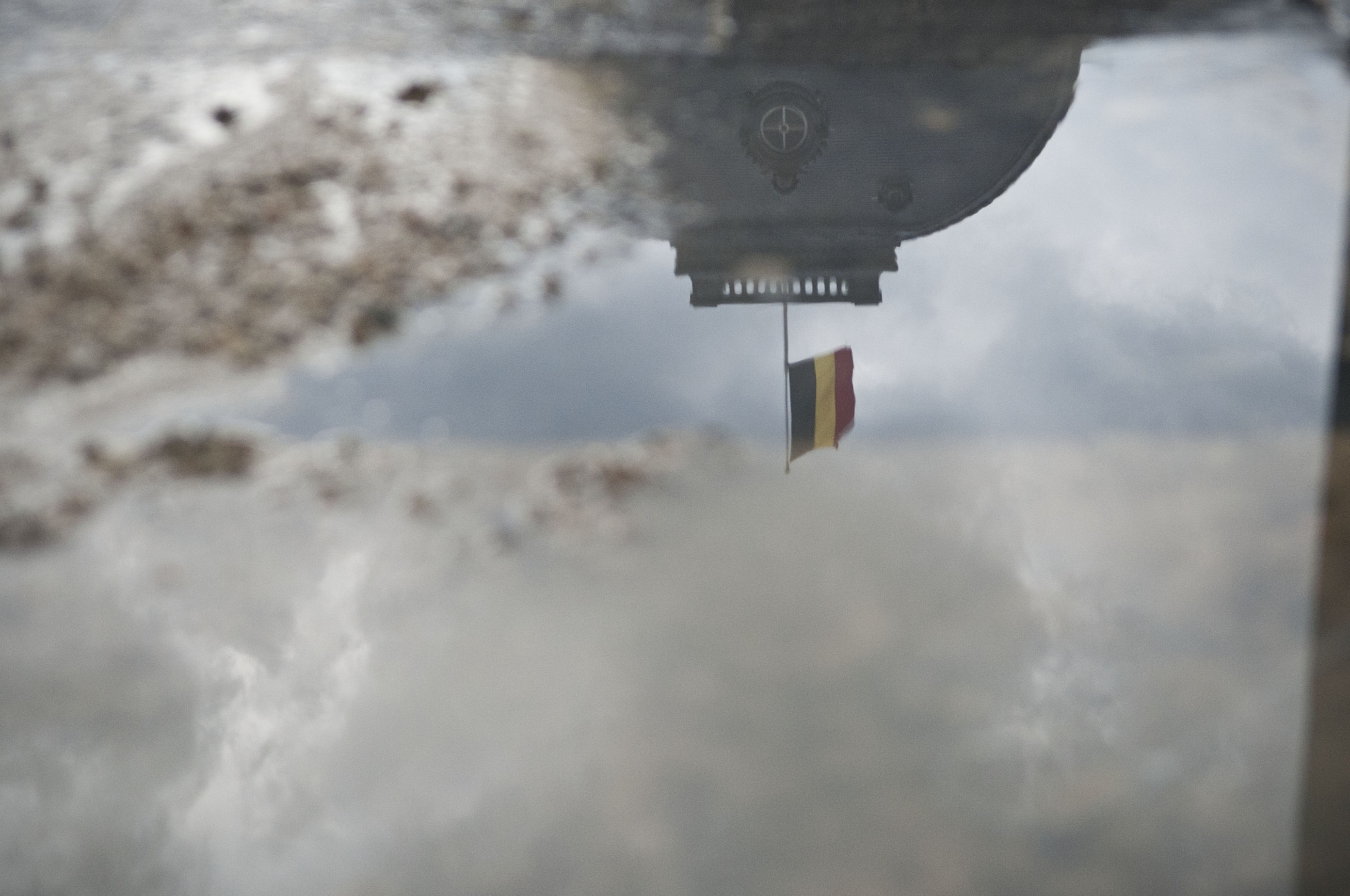Now that all votes have been cast and counted, Belgium's government formation process can start. The notoriously long negotiations that take place after general elections are evidenced by Belgium holding the world record for the longest period without a government: 652 days.
Could we see the previous record surpassed? And whilst the heat of the election campaign is now over, how will parties approach the negotiations and what partnerships might crystallise?
With Flanders voting overwhelmingly to the right and Wallonia also taking a surprising right-wing turn, Belgium's Federal Government formation might not be so long and arduous as last time. Still, the process is sure to be complicated.
To explain what happens in Belgium's post-election limbo, the various steps to a fully-formed government, and the role of the King, The Brussels Times speaks to Dave Sinardet, professor of political science (VUB).
The first day(s) after the elections
"The key is how many seats each party has. Negotiations will be influenced by which majorities are mathematically possible or impossible," Sinardet says.
On Monday 10 June (today), Prime Minister Alexander De Croo (Open VLD) will go to King Philippe to offer the resignation of his government. The King will accept the resignation but entrusts the resigning Federal Government to handle ongoing affairs.
In practice, this means the outgoing government remains in office but is limited to purely administrative decisions and only settling routine (or very urgent) matters. During this time, the King will start inviting the party leaders to the palace. "He invites the leaders of all parties, usually in order of how many seats they won," Sinardet explains.
In 2019, this resulted in a Belgian first as Tom Van Grieken – leader of the Flemish far-right Vlaams Belang – was also received at the Palace after the party became the second-biggest in Flanders. "This had never happened before, partly because the King likely did not want to invite [the far-right party], but also because the only previous time the party had been invited (in 1978), they outright refused."
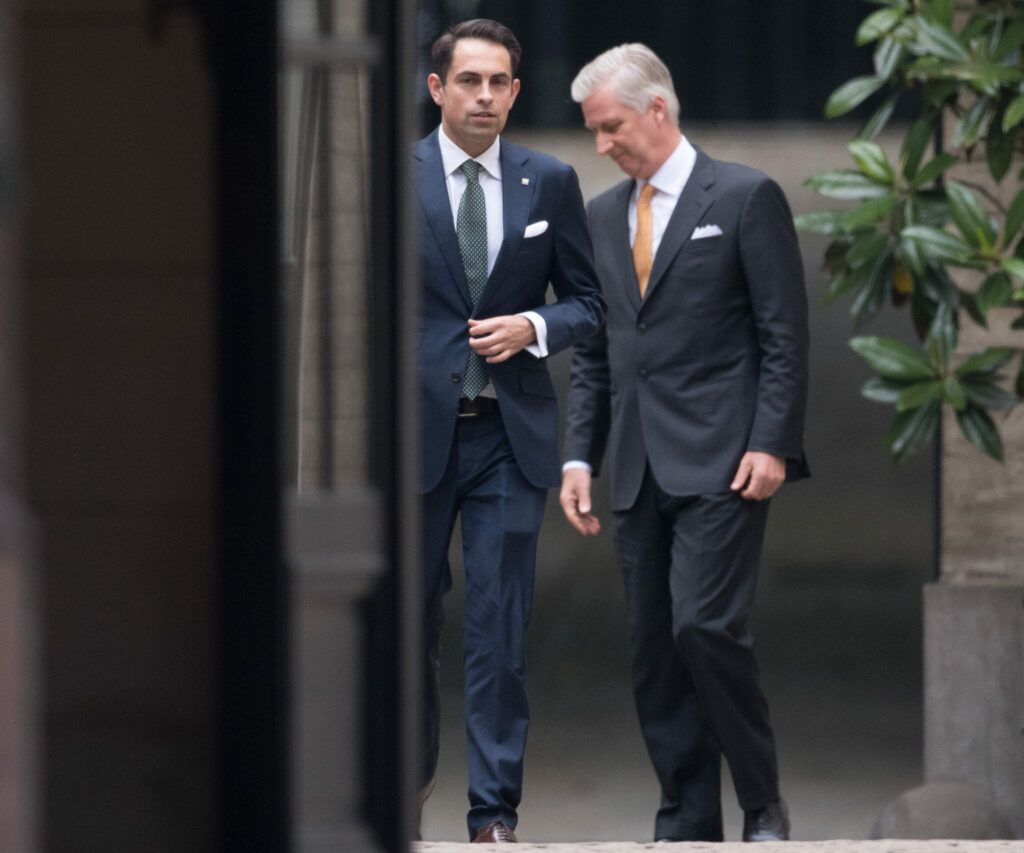
King Philippe and Vlaams Belang's Tom Van Grieken in 2019. Credit: Belga/Benoit Doppagne
These consultations with the party leaders, as well as several leading political and socio-economic experts, can take several days. Based on the conversations, the King will appoint "formators" or "informators".
If one party is a clear leader in the elections, the King can immediately appoint a formator from that party, whose task is to form a government. However, when the results make several government formations possible, or when forming a government could become very difficult, the King can first appoint an informator.
This will usually be an experienced politician who speaks to the various parties about their preferences for how a formation might take place and with what partners. "They will then start looking at what is possible in terms of forming a government, which parties could work together, which could not, and on what basis."
Informator, formator, Prime Minister?
While the King is free to choose any informator he wants, his decision is usually informed by his consultations with the party leaders about what kind of government formation would be acceptable.
Sinardet explains that the King tries to ascertain the most acceptable nominee during his conversations. "If the King decides to do something completely different, that would not be appreciated – even though he is legally allowed to do so."
However, as party leaders often have diverging preferences, the Palace has a certain "power" in its decision. It's a delicate exercise in diplomacy that can see the King have to act as a "referee" if there are strongly opposing views among the party leaders.
Once enough parties that want to attempt to form a government together are found, it is the informator(s)' task to report this to the King and advise him on the appointment of the formator: the person most likely to successfully form a Federal Government.
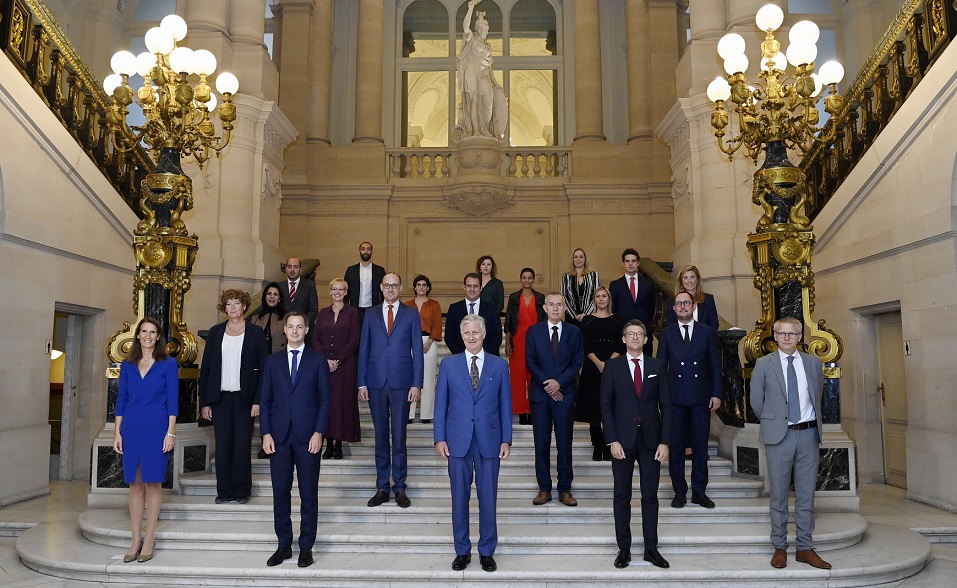
Belgium's new Federal Government with King Philippe in the middle on 1 October 2020. Credit: Belga/Eric Lalmand
The formator will draw up a coalition agreement based on the programme points of the parties in talks to form the government. "This agreement will become the basis of cooperation during the next legislature," Sinardet said. It details the government's priorities and is written in negotiation with all involved parties. Once the text is accepted by all party leaders, they start negotiating the allocation of ministerial portfolios.
"In this entire process, the party leaders play the most important role: they negotiate the government agreement and generally decide who will become ministers. It is normally the formator who then becomes Prime Minister."
After the 2019 elections, the king appointed a total of 14 informators and formators in the almost 500 days it took the parties to resolve the federal government puzzle. Of those, the last two were co-formators De Croo and Paul Magnette (leader of the Francophone socialist PS).
The pair managed to lead all parties in the talks to form a full cabinet and agree on a coalition. The premiership went to De Croo, despite Belgium's unwritten rule that the Prime Minister should be from the biggest party in the coalition (which would have been Magnette's PS in this case).
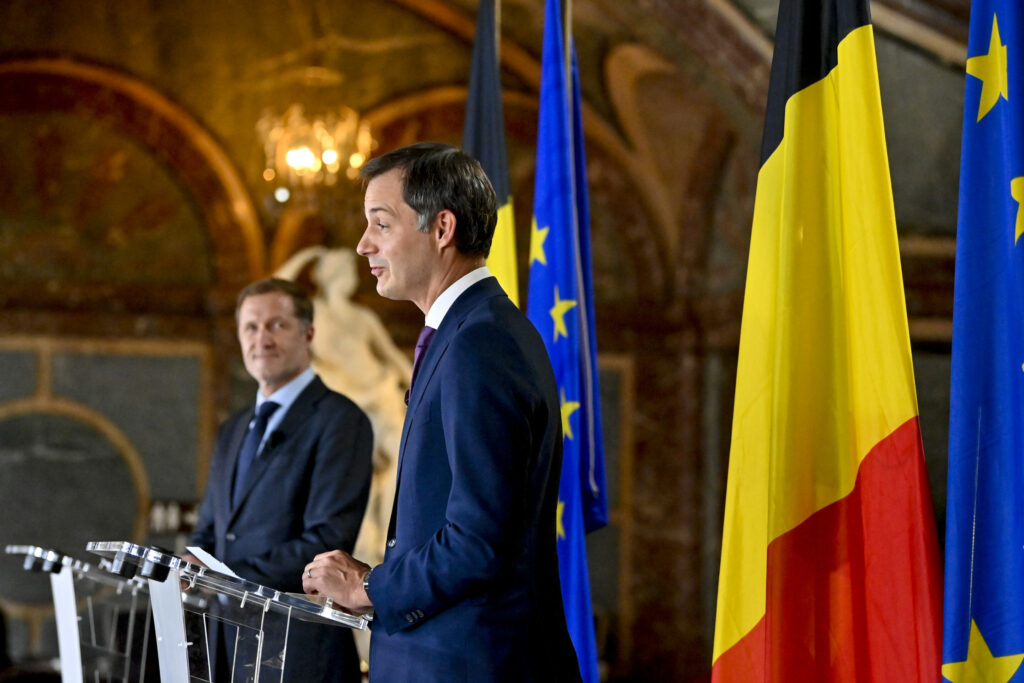
PS chairman Paul Magnette (left) and Open Vld's Alexander De Croo pictured during a press conference of the co-formators after they reached an agreement for a Vivaldi government, 30 September 2020. Credit: Belga
This was partly motivated by an attempt to keep the balance in a Federal Government with a Francophone majority. It was also a change after Belgium's three previous Prime Ministers had been French-speaking.
Though not a codified convention, (one of) the person(s) who succeeded in forming a government is usually "rewarded" by becoming Prime Minister, Sinardet says. "The new team is then presented to the King. All new ministers take the oath, and the King swears in the new government."
After the ceremony, the new ministers draw up the government statement, which outlines the coalition agreement. The new Prime Minister then presents this in the Federal Parliament. After a debate, a vote of confidence is held (usually only a formality).
Once the new government gains confidence, the coalition agreement can be implemented over a period of up to five years, after which new elections are organised and the process starts over.
What about Flanders, Brussels and Wallonia?
While most eyes will be on the formation of the Federal Government, Belgians also voted in the regional elections this weekend, meaning that Flanders, the Brussels-Capital Region and Wallonia will also form new governments.
"At the regional level, the formation process works mainly the same as at the federal level," Sinardet said. "We divided Belgium into different regions but we actually created a lot of mini-Belgiums – the country's political culture and customs were just copy-pasted to Flanders, Wallonia and Brussels."
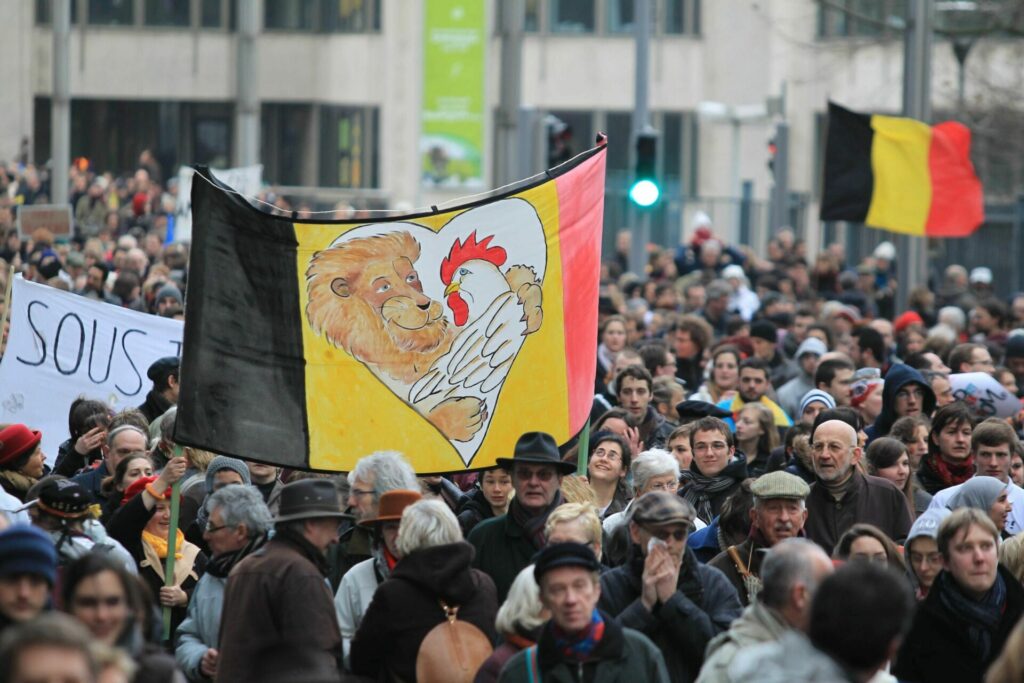
A large Belgian flag with the Flemish lion and the Walloon rooster embracing each other. Credit: Belga / Julien Warnand
The difference is that the King plays no role at the regional level. "The largest party gets the right of initiative, so the leader whose party has the most seats leads the dance."
Historically, this process has not posed such issues as at the federal level. The largest party starts negotiations and usually also assigns the regional Minister-President. While this should be relatively uncontentious in Brussels or Wallonia, the election results in Flanders are likely to shake things up.
"The cards would be a bit different if Vlaams Belang had become the largest party," Sinardet says. "They would have gotten the right of initiative, but whether they would actually succeed in forming a government is an entirely different question."

